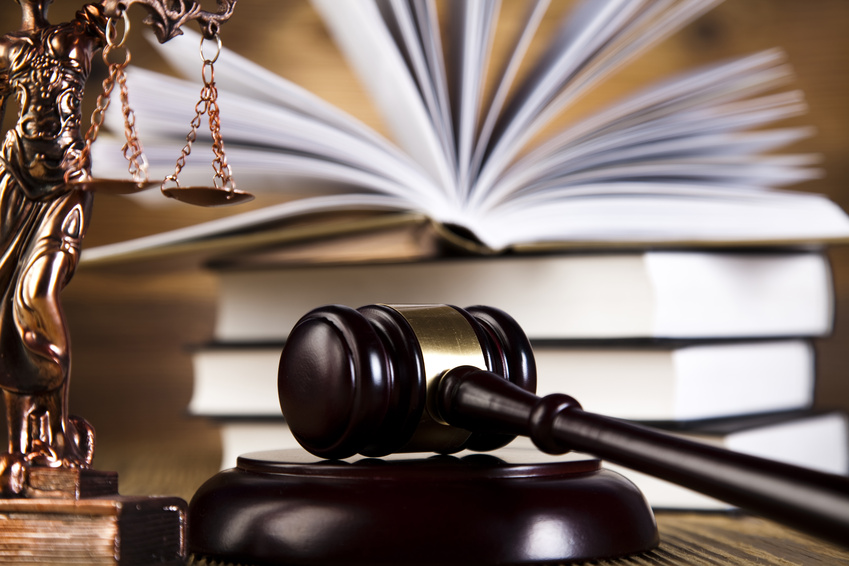 A Colorado man will get his day in court — once again — after jurors on his case were said to have made racist remarks during deliberation proceedings.
A Colorado man will get his day in court — once again — after jurors on his case were said to have made racist remarks during deliberation proceedings.
Normally, Colorado state rules and federal statutes restrict cases from being re-opened for juror testimony after an initial ruling has already been reached. But in the case of Miguel Pena-Rodriguez, legislative history may need to be changed after a juror reportedly assumed his guilt “because he’s Mexican.”
Pena-Rodriguez was working as a horse trainer at a race track in Colorado in 2007 when he was arrested for allegedly assaulting two teenage girls in the women’s restroom. Though the area was dark, the girls were said to identify Pena-Rodriguez as their attacker. During the trial, the defense brought forth an alibi witness who said that Pena-Rodriguez was with him in another barn at the time of the assault.
The jury was initially deadlocked in the case, and the judge asked them to try again. After another 12 hours of deliberation, they found Pena-Rodriguez guilty of three misdemeanor counts, but they were still unable to reach an agreement on the felony charge against him.
After the court adjourned, the defense lawyers remained in the courthouse to speak with any willing jurors, as is the custom in Colorado state rules and elsewhere. Several complained to the defense that one of the other jurors expressed a deliberate bias against Pena-Rodriguez and his alibi witness because they were both Hispanic.
“Mexican men… think they can ‘do whatever they want’ with women,” the juror was said to have argued, and alleged that in his former work as a police officer, “nine times out of ten Mexican men were guilty of being aggressive toward women and young girls.”
Pena-Rodriguez’s defense team filed an appeal with the court, and then the Colorado Supreme Court, but both were denied. As per the British legal statutes handed down to the U.S. through its court system and its Constitution, which is now more than 200 years old, juror deliberations are protected by secrecy and cannot be used in a court of law as testimony.
The U.S. Supreme Court, however, may change those federal regulations after hearing this case. Though the court has previously ruled in favor of juror protection, they admitted at the time the possibility of “cases of juror bias so extreme” that they could inhibit a defendant’s right to a fair trial.
Hearings for the case are set to begin mid-October.
